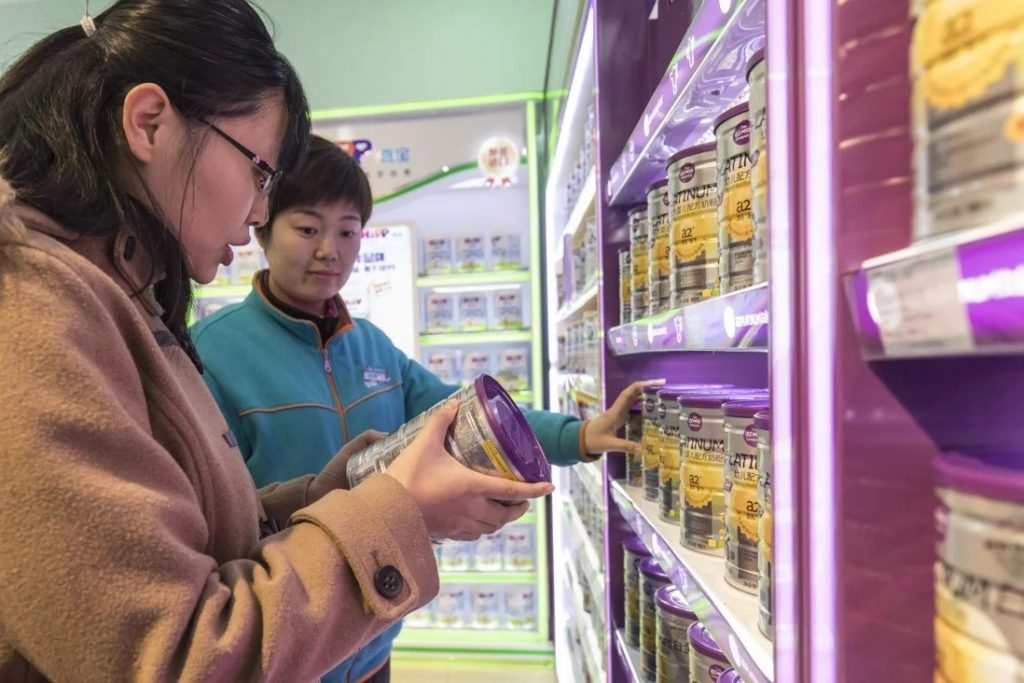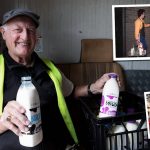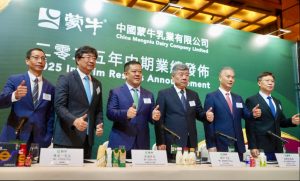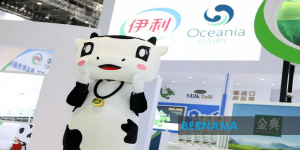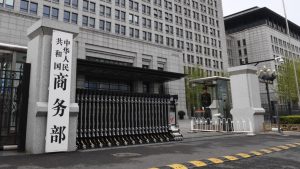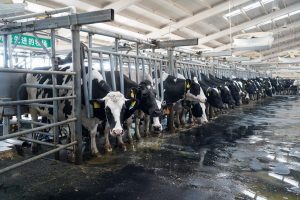
Fifteen people were detained last month in coordinated raids across China on criminal gangs accused of smuggling 1 billion yuan (US$152.4 million) worth of baby milk formula into the country over the past two years, according to state media reports.
The suspects were apprehended when 178 customs officers raided dozens of locations in Guangzhou, Shanghai, Shaoxing, Wuhan, Changsha and Shenzhen, Xinhua said on Friday.
The suspects were members of syndicates that used foreign courier firms to illegally import the milk formula from overseas, the report said, adding that by claiming the goods were for personal use they were able to evade customs duties and sell them online at discounts of up to 40 per cent.
In one of the raids, 170,000 cans of baby milk formula from New Zealand were found in a single warehouse, the report said, adding that the suspects would be held pending further investigations.
State broadcaster CCTV said that between June 2019 and last month, the gangs had smuggled about 1 billion yuan worth of baby milk formula into China from New Zealand.
The report named an Auckland-based courier firm as having links to the smuggling operation, but the company did not immediately reply to the Post’s requests for comment.
Since a scandal in 2008 in which more than 300,000 Chinese infants were sickened by baby milk formula tainted with melamine, many parents have rejected locally produced goods in favour of foreign alternatives.
However, with the introduction of a food safety law in 2015, consumers’ faith in locally produced baby milk formula is slowly being restored, according to Chris Wang, a researcher at the ChemLinked think tank in Hangzhou, the capital of east China’s Zhejiang province.
“In recent years, with new government regulations and improvements in domestic brands’ formula and quality, consumers are gaining more confidence in local brands like Feihe, particularly in lower-tier cities,” she said.
“Consumers … are willing to spend on products for their children. It is not a comparison between an imported or a domestic brand, but rather on its safety and how premium it is.”
